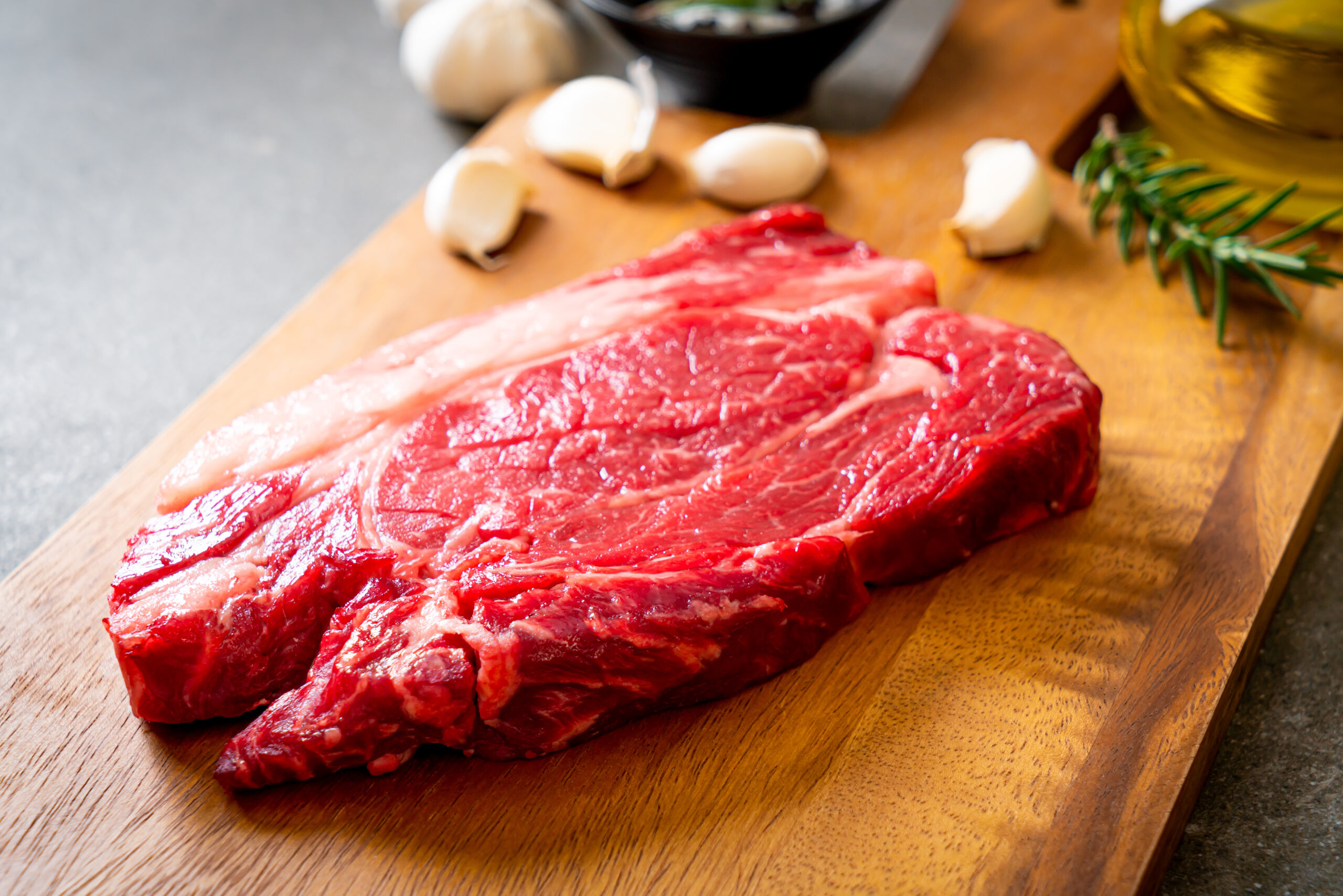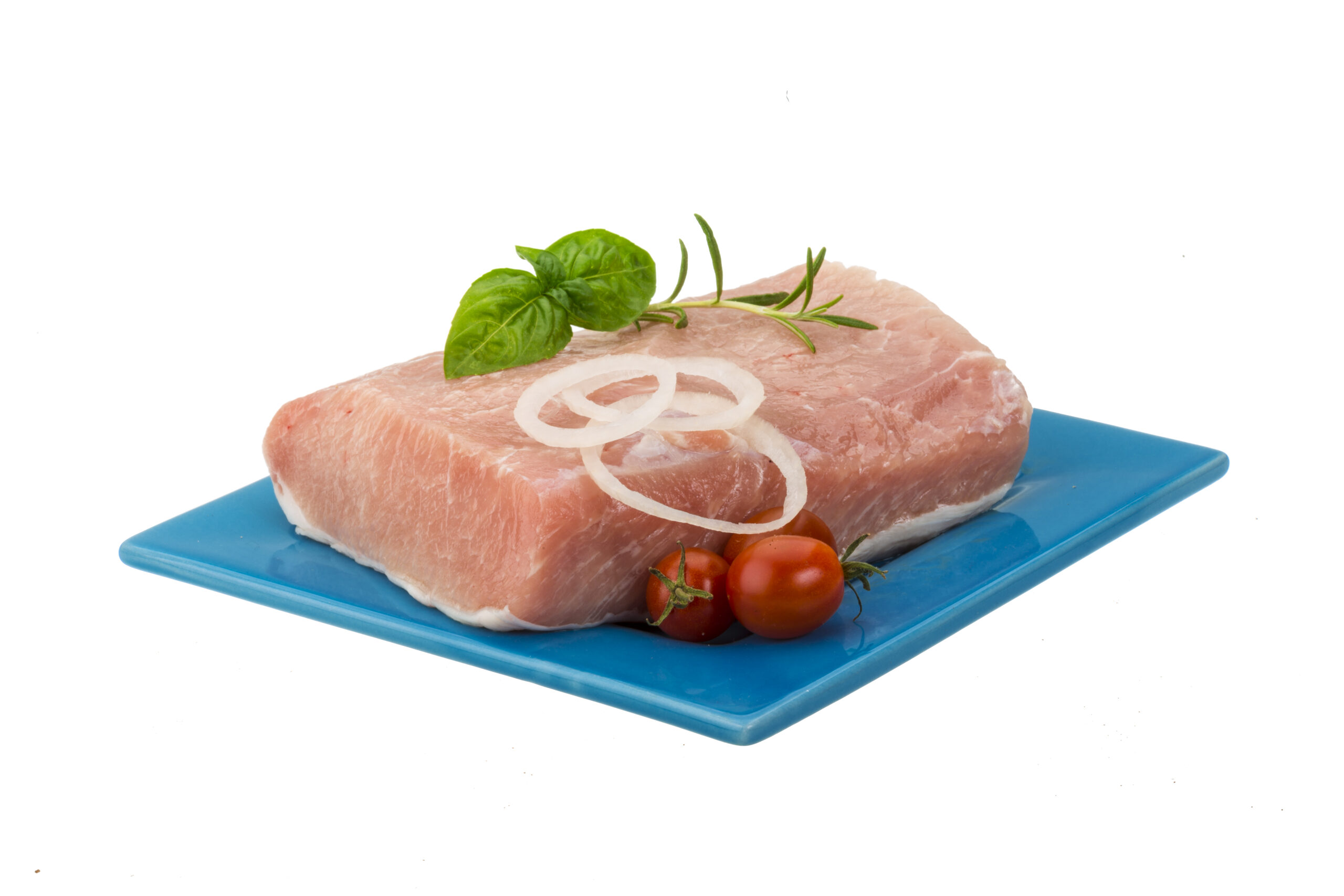In this exclusive podcast interview, JBS global head of innovation and operational excellence Eduardo Noronha discusses the meat processing giant’s plans for alternative proteins across plant-based, fermented and cultivated meat.
“The reasons are the following,” said Noronha. “The expectation of population growth by 2050 will be 10bn people on the planet about a 3596 increase, and demand for proteins is expected to grow 70%. To meet that demand it’s necessary to develop alternative ways of producing protein.
“As a larger food production company, we need to help foster and develop those alternative proteins.
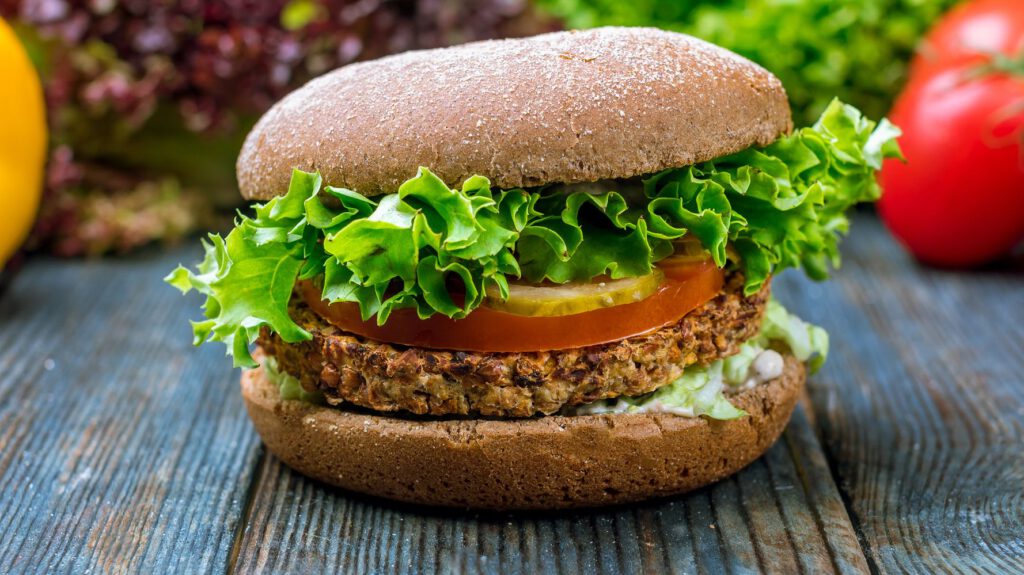
Needs and trends
“The second is consumer needs and trends. The consumers change their habits and behaviors and are looking for alternative ways to source their protein.”
He went on to discuss the role that cultivated meat and alternative proteins would play in JBS’s portfolio and its future plans.
“It’s hard to say right now what will be the market share inside our portfolio in terms of proteins, but the protein market today is worth about $800bn per year and it will be close to $1 trn in a few years,” said Noronha.
“Any percentage on a trillion dollars is relevant already. There are some projections that say it’ll be five percent 10%, or 30%. At the moment this is not the biggest motivation – the biggest motivation is what I mentioned before.”
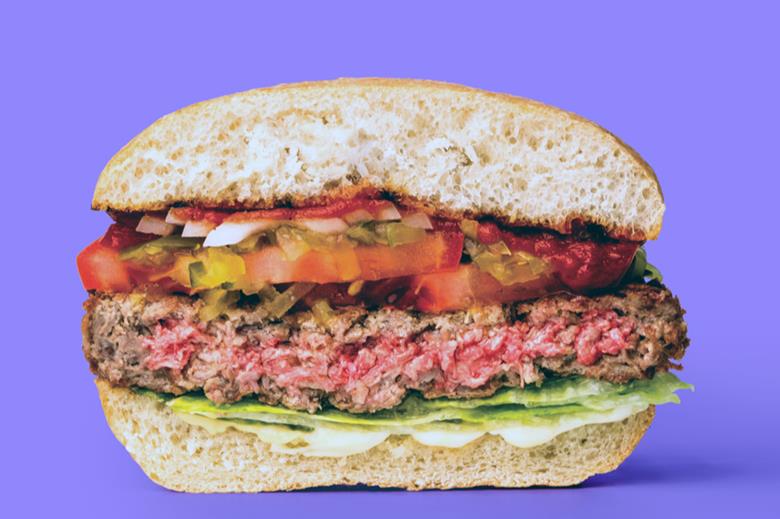
JBS in the UK
Noronha also commented on JBS’s position in the UK and the part that alternative proteins play in its operations.
“The UK population is willing to try alternative proteins and we’re really happy with the progress we’re having in the UK market because we have two of the top five plant-based protein products with Richmond and Vivera,” he added. “They’re growing fast and they have a relevant position in the market already [7% and 5% market share respectively]
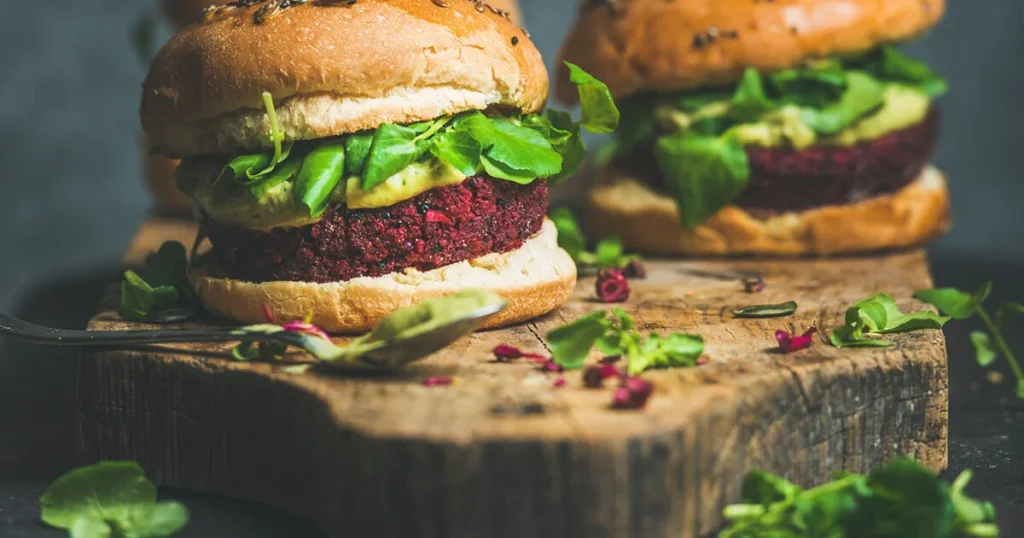
“The UK is a priority market for us and in Europe, it’s where we have the most important production, distribution, and sales platform.”
Meanwhile, retail sales of sausages and burgers are flagging in comparison with last year’s spike when consumption habits were ruled by lockdowns, but food service has rebounded significantly, the Agriculture & Horticulture Development Board (AHDB) claims.





